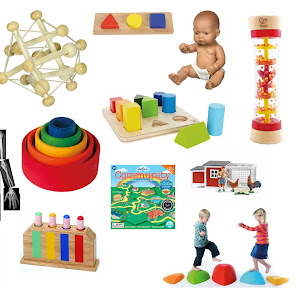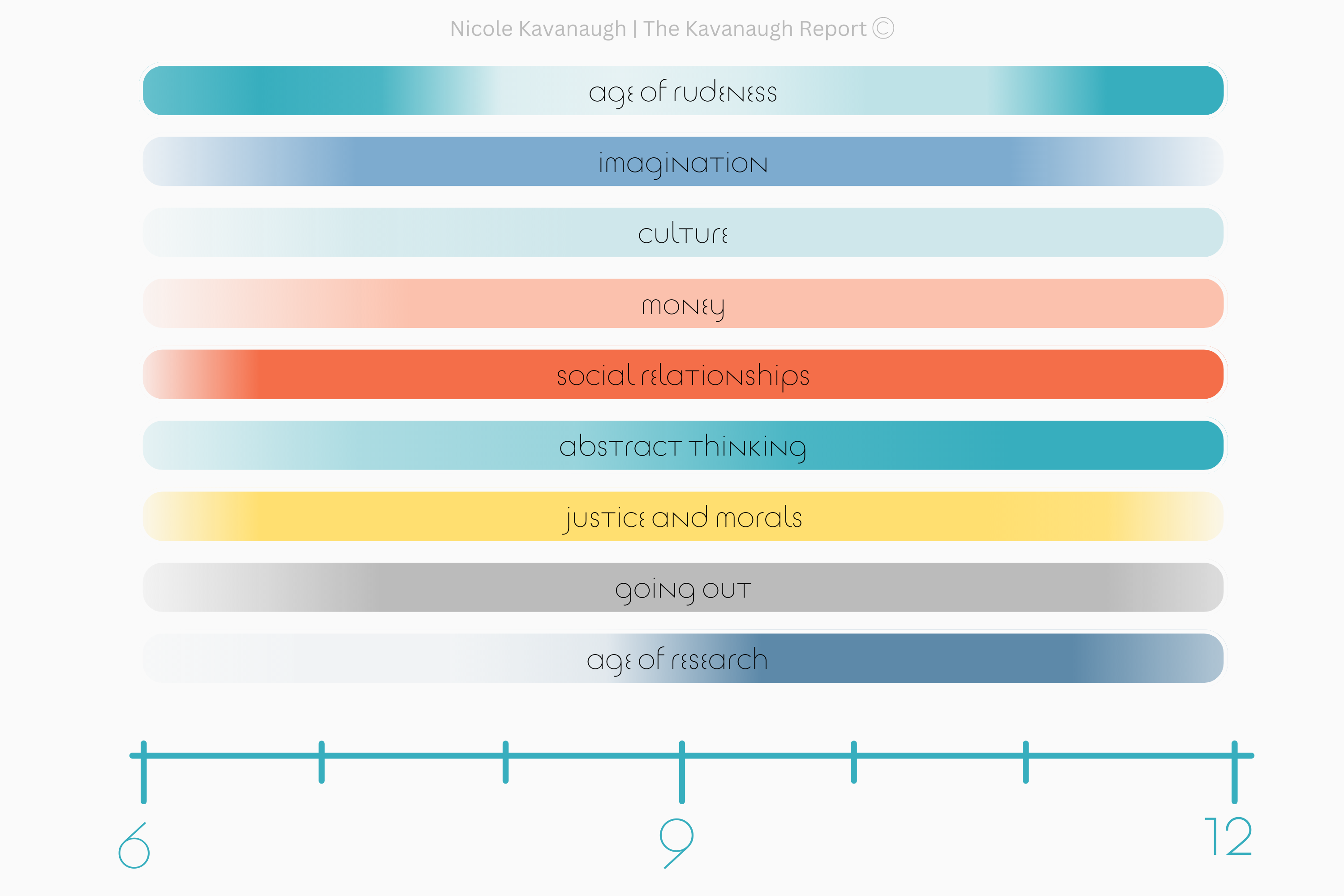As a Montessori parent, I know that kids learn about the world through their senses. They are taking everything in around them and using those sensory impressions to understand their bodies and the world we live in. As a mom of several neurodivergent children I also know that for some kids too much sensory input or too little sensory input (depending on the child, the sense, and the situation) can be really dysregulating. That is without the right amount of sensory input, children can have a hard time regulating their emotions, their body movements, and can feel a lot of discomfort. Even neurotypical children can benefit from sensory tools when seeking the right amount of sensory input from a specific situation. Sensory Tools in Our Montessori Home In order to make sure all of our children's sensory needs are met in our home and when we go out into the world, we have a variety of sensory tools. At home they live in a basket on a shelf so they can be accessed whenever they ar...








